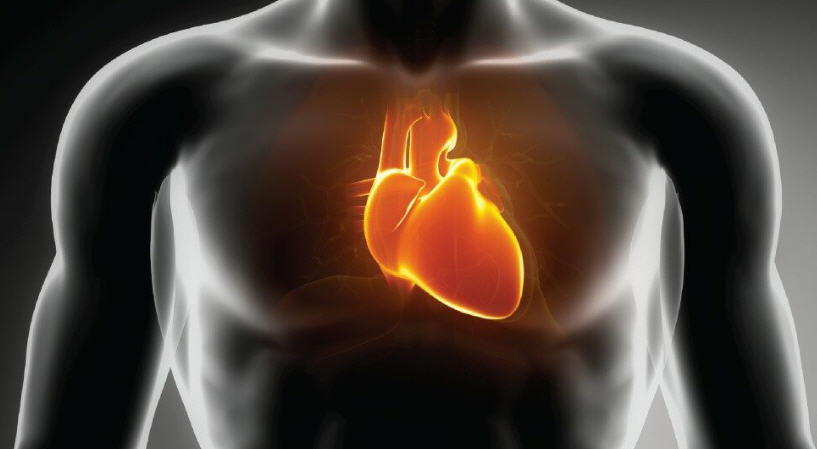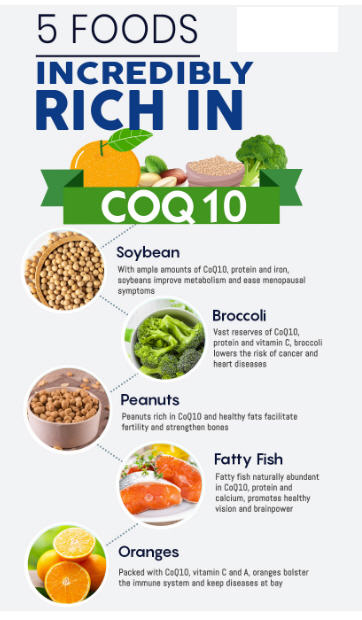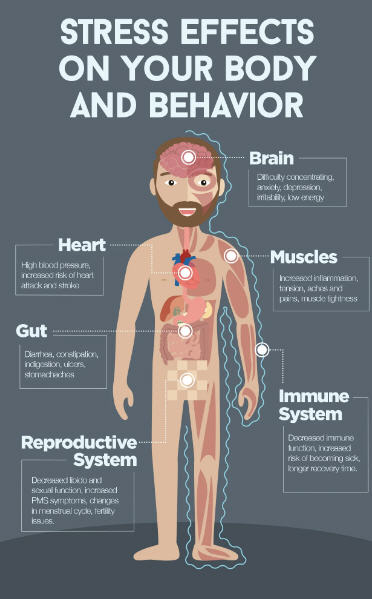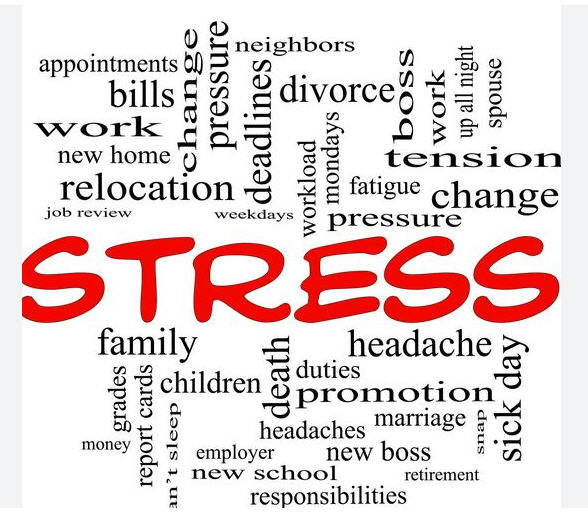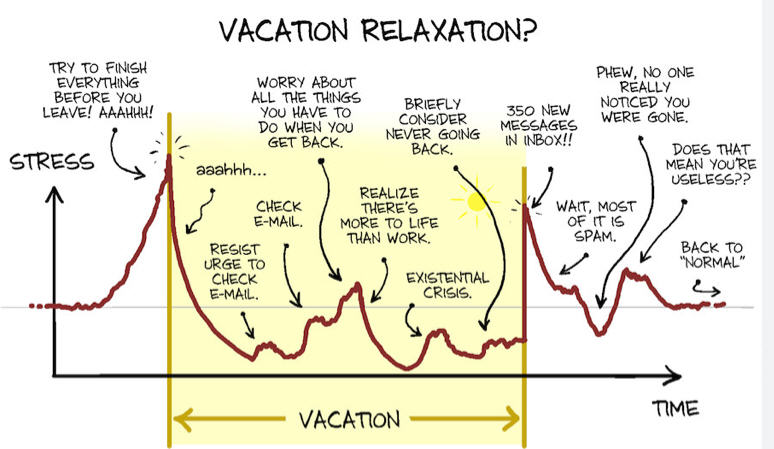- Benign prostatic hyperplasia (BPH) is a condition in which the prostate gland becomes enlarged. It is more common in older men, and men with diabetes have an increased risk of developing BPH. BPH can cause urinary problems, such as difficulty urinating, frequent urination, and a weak urine stream.
- Prostate cancer: Men with diabetes have a slightly lower risk of developing prostate cancer than men without diabetes, but they are more likely to develop aggressive prostate cancer. This may be because diabetes can promote the growth of cancer cells and make them more resistant to treatment.
- Erectile dysfunction: Diabetes can also cause erectile dysfunction, which is the inability to get or maintain an erection. This is because diabetes can damage the blood vessels and nerves that are needed for an erection.
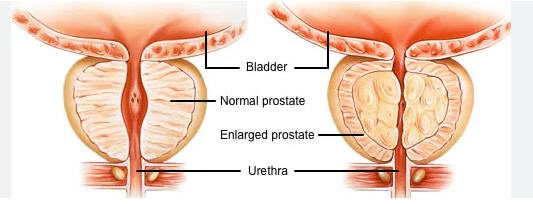
If you have diabetes, it is important to talk to your doctor about the risks to your prostate health. You may need to get more frequent prostate cancer screenings and be monitored for BPH.
There are also a number of things you can do to reduce your risk of prostate problems if you have diabetes:
- Control your blood sugar levels: Keeping your blood sugar levels as close to normal as possible can help to protect your prostate health.
- Maintain a healthy weight: Being overweight or obese increases your risk of developing prostate problems, even if you have diabetes.
- Eat a healthy diet: Eating a healthy diet can help you to control your blood sugar levels and maintain a healthy weight.
- Exercise regularly: Exercise can help to improve your body’s sensitivity to insulin and lower your blood sugar levels.
- Quit smoking: Smoking can damage your blood vessels and nerves, which can increase your risk of erectile dysfunction and other prostate problems.
If you have any concerns about your prostate health, talk to your doctor. Diabetic patients should consult with their doctor before taking a supplement. Prevention is better than cure.

